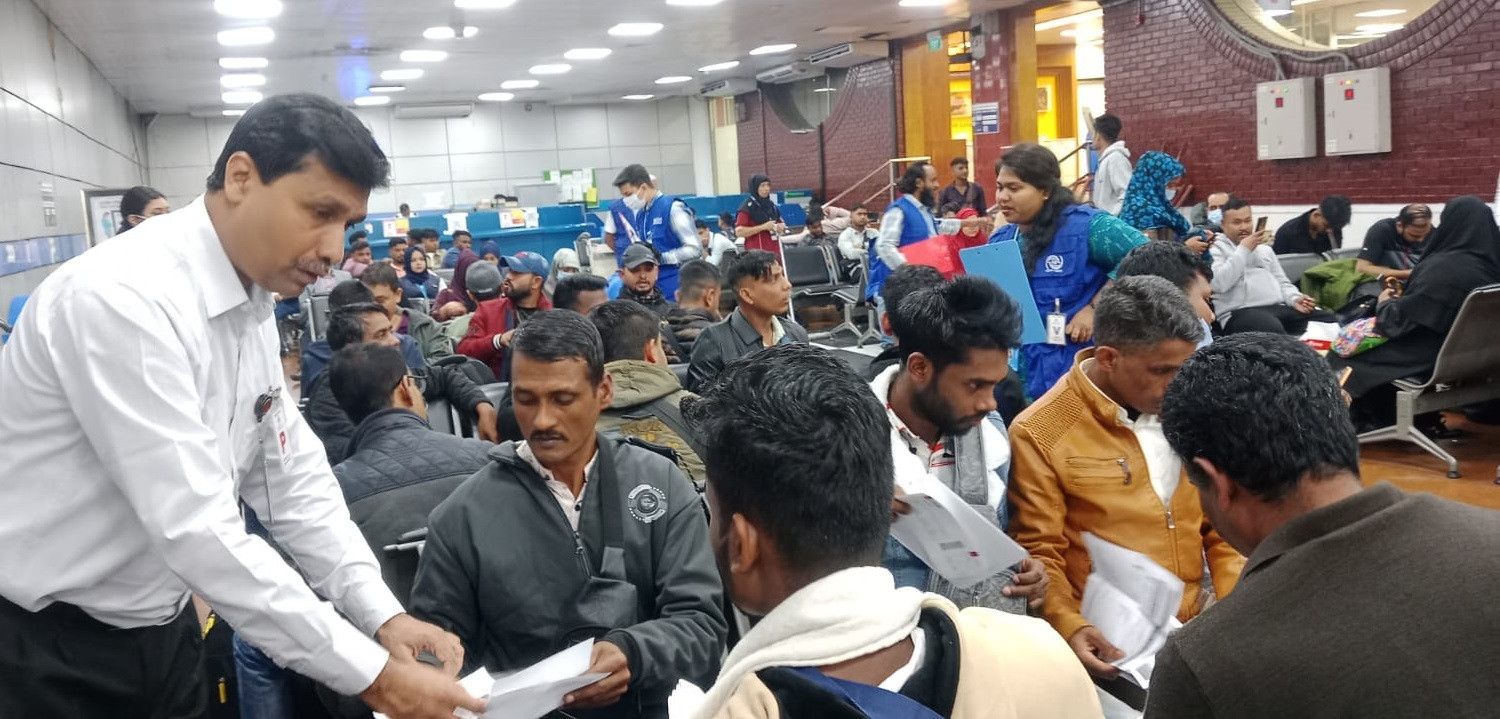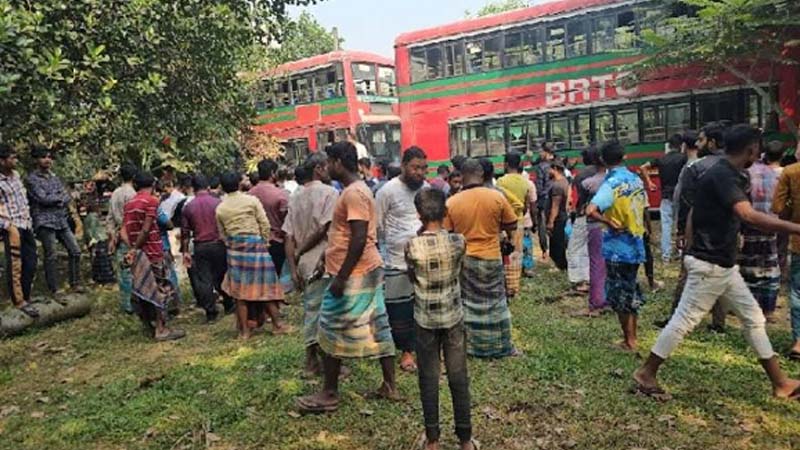The government on Sunday formally announced that it was likely to stop operating the state-owned jute mills under the Bangladesh Jute Mills Corporation on July 1 and around 25 thousands workers would leave their workplace with a ‘golden handshake’.
Jute and textile minister Golam Dastagir Gazi in an online press conference on Sunday said that the government was going to shut down the country’s 25 public jute mills due to huge amounts of recurring losses year after year.
The mills are likely to be closed down on July 1 and would reopen under the public-private partnership arrangement within the next six months, the minister added.
Experts and economists, however, opposed the government decision saying that it could have an extreme kind of domino effect on other industrial sectors, too, in this time of COVID-19 pandemic.
They said that shutting down all the public sector mills in the country was a part of the government’s development approach.
The government intentionally allowed, economists also said, the mills to turn into losing concerns in order to implement a regional and international conspiracy involving the country’s jute sector.
Golam Dastagir, however, said that the mills lost their competitiveness due to the high production costs resulting from the high wages of the workers.
‘These days no government in the world runs businesses and our government, too, will not operate businesses,’ he iterated.
He said that prime minister Sheikh Hasina decided six month ago to shut the mills as it was no more possible for the government to spend vast amounts of public money as subsidy.
More or less 25,000 permanent workers of the BJMC jute mills would be seen off with a ‘golden handshake’ while around 9,000 workers, who have already retired from their job, would also be paid their dues and other retirement benefits by September, said Golam Dastagir.
The jute and textile minister said that all the workers would get their wages and benefits in a single go and the government would pay out Tk 4,869 crore for this purpose.
Replying to a question the minister said that it was not like the shutting down of the Adamjee Jute Mill as the government would reopen the mills under the PPP system.
The government, he further said, will hand over the mills to businesses that have expertise in the field.
After reopening the mills, the demand for workers would go up by three times than the existing number and no skilled worker will remain unemployed, Golam Dastagir said.
‘The decision of closing down the state-owned jute mills is not prudent. This is not the time to take this kind of decisions,’ Dhaka University economics professor Rashed Al Mahmud Titumir told New Age on Sunday.
This is a time, he went on, to channel money to people to increase their purchasing power as the money circulation is important for the recovery of the economy amid the pandemic.
The economics professor said that diversification of products was also important for the recovery of the economy while Bangladesh’s exports hinged on only one sector.
And the readymade garment sector has been heavily affected by the pandemic, he added.
The government should provide, the economist said, cash grant to the needy people to contain the ballooning poverty, it cannot make people jobless.
If the government shuts down factories and terminates workers it could encourage other sectors to fire workers, he observed.
Rashed also said that the World Bank policy on restructuring Bangladesh’s jute sector was flawed and it had failed to revive the sector.
Anu Muhammad, a Jahangirnagar University economics professor, said that shutting down state-owned jute mills was not a new decision.
The process started in the time of BNP government with the WB prescribing the closure of all the country’s jute mills and the present government is going to finish the job,’ he observed.
Anu Muhammad said that the government was not giving priority to environmental-friendly industries like jute mills rather was preferring projects that harmed the environment and the humanity.
The government has deliberately allowed the jute mills to become losing concerns for promoting and protecting the interest of local and international quarters, he said.
Anu Muhammad said that grabbing the vast lands of the jute mills was one of the reasons for closing down the mills, he added.
Centre for Policy Dialogue research director Khandaker Golam Moazzem said that the government earlier took an initiative to run the state-owned mills under the PPP arrangement but the project failed.
The workers were not responsible for incurring losses in the jute mills rather mismanagement and corruption have turned them into losing concerns, he viewed.










